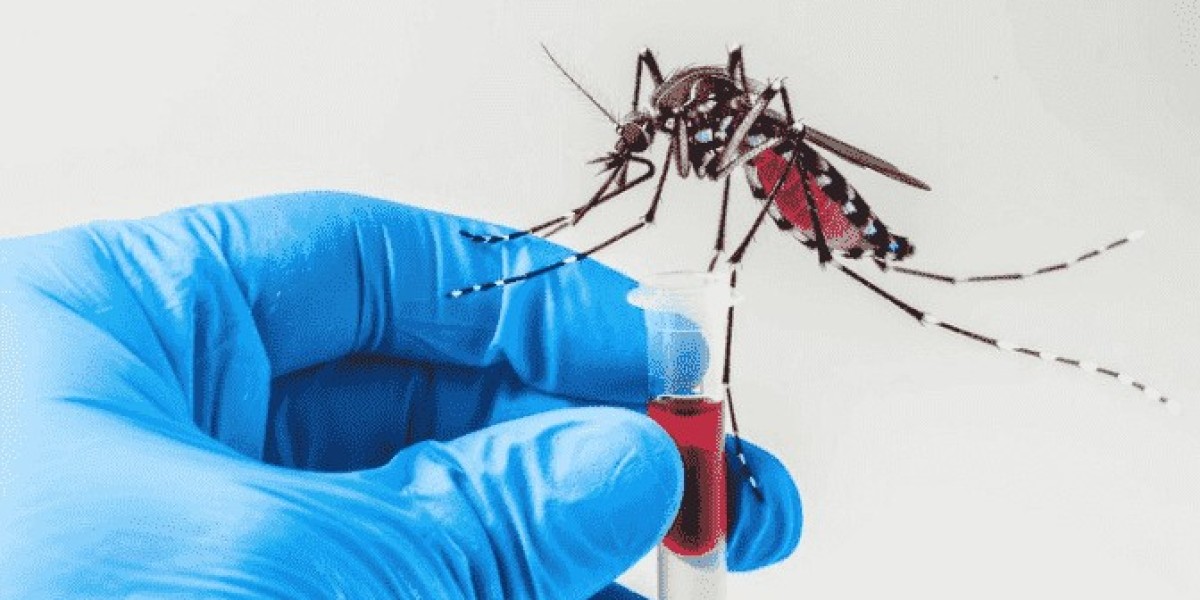Dengue fever is a viral infection spread by mosquitoes, particularly the Aedes aegypti species. It can cause severe illness and even lead to serious complications if not treated on time. Knowing when to get a dengue test is essential for early detection and management. In this blog post, we will discuss the key symptoms of dengue and when you should consider getting tested.
Understanding Dengue Fever
Dengue fever often presents with flu-like symptoms, making it challenging to diagnose without proper testing. The virus is prevalent in tropical and subtropical regions, including Delhi, especially during the monsoon season when mosquito populations surge. Common symptoms include high fever, severe headaches, joint and muscle pain, and skin rashes. If you experience any of these symptoms, it is vital to consult a healthcare professional promptly.
Key Symptoms to Look Out For
1. High Fever
One of the first signs of dengue is a sudden high fever, usually reaching up to 104°F (40°C). This fever typically lasts for two to seven days and may be accompanied by chills. If you notice a persistent high fever, especially after returning from a dengue-endemic area, it is crucial to consider a dengue test.
2. Severe Headache
Another common symptom is a severe headache, often described as a deep pain behind the eyes. This type of headache is quite distinctive and can be debilitating. If you have a severe headache along with other symptoms, you should seek medical advice and consider getting a dengue test.
3. Joint and Muscle Pain
Many dengue patients experience intense joint and muscle pain, which is why dengue is often referred to as “breakbone fever.” This pain can make daily activities challenging and is a significant indicator of dengue infection. If you experience this type of pain, it’s advisable to consult a healthcare provider for further evaluation, including the possibility of a dengue test.
4. Skin Rashes
Skin rashes often appear a few days after the fever starts. These rashes can vary in appearance, sometimes resembling measles. If you develop a rash alongside other symptoms, it’s essential to get tested for dengue, as early detection can lead to better management of the illness.
When to Seek Medical Attention
If you experience any combination of the symptoms mentioned above, it is essential to seek medical attention promptly. Early diagnosis is crucial in preventing complications such as dengue hemorrhagic fever, which can be life-threatening. A healthcare professional may recommend a dengue test in Delhi to confirm the diagnosis and determine the appropriate treatment.
Conclusion
Being aware of the symptoms of dengue fever is the first step in ensuring your health and safety. If you suspect you may have dengue, don’t hesitate to seek medical advice and get tested. Remember, the earlier you act, the better your chances of a full recovery. Keep an eye out for the key symptoms, and don’t forget to consult your healthcare provider if you have any concerns. Stay safe and healthy!







